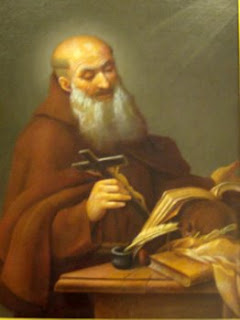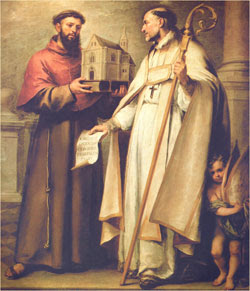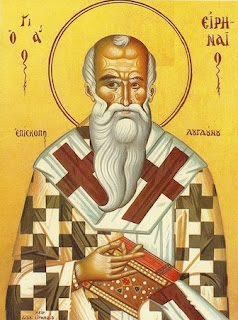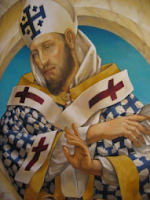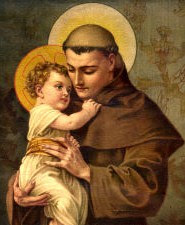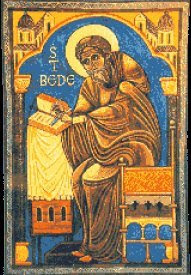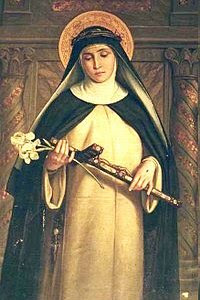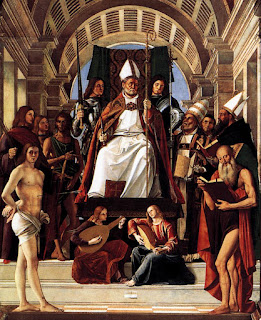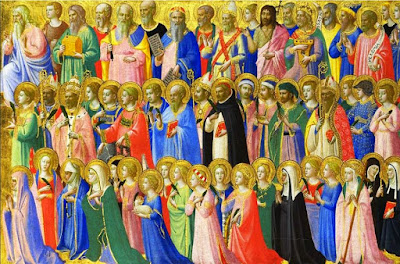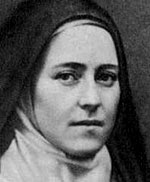Memorial of Saint Alphonsus Liguori, Bishop and Doctor
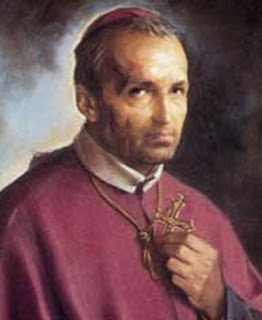
August 1st is the Memorial of St. Alphonsus Maria de Liguori. He was born in 1696 near Naples, Italy, the son of a captain in the Royal Navy and a devoted mother from a noble family. His parents provided him with an exceptional education in philosophy, literature, and the arts. He was 16 when he was awarded doctorates of civil and canon law. When he was 18, like many nobles, he joined the Confraternity of Our Lady of Mercy with whom he cared for the sick at the hospital for "incurables," washing afflicted bodies, feeding the helpless, changing bedclothes and devoting himself to works of mercy. Following his father's will he became a lawyer and before he was 20, he was regarded as one of the most gifted lawyers working in the kingdom of Naples. Christ's claim on Alphonsus' heart was absolute. Alphonsus left the law to enter the priesthood, much to the disappointment of his father. He was ordained in 1726. His charity and apostolic spirit led him to found the Co

